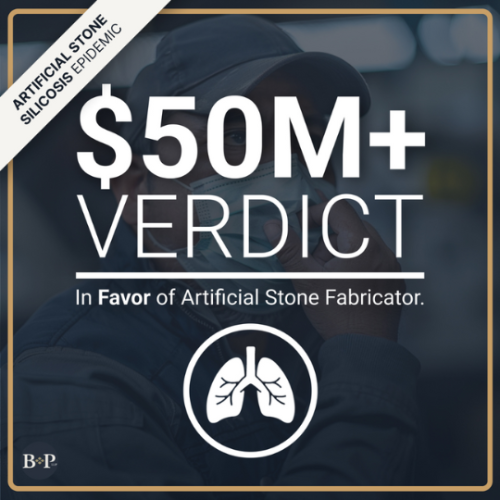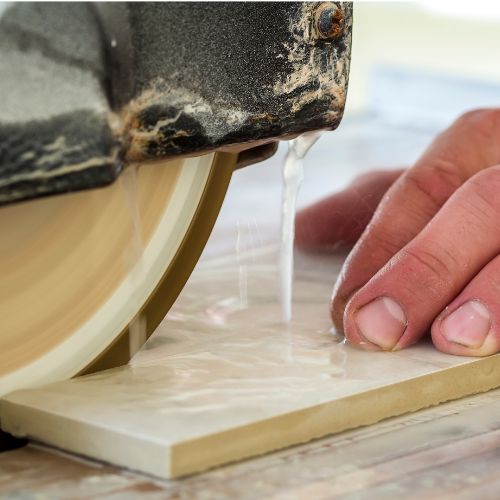
Piedra Fina Marble, Inc. Provided Inadequate Safety Warnings on BellaQuartz
April 1, 2024
The Wilsonart Paradox: Progress at What Cost?
April 15, 2024Since its incorporation in New York in 1953, Walker & Zanger, Inc. has been a stalwart in the tile and stone industry. With a narrative woven through decades of expansion, acquisitions, and product innovations, one might easily be swayed by the seemingly illustrious path this company has tread. However, a closer examination reveals a more complex and, at times, concerning picture.
Unpacking Walker & Zanger’s Market Impact
The company's rapid growth and geographic expansion, exemplified by its establishment on the West Coast of the United States and the subsequent renaming and business adjustments, speak to an aggressive business model. While growth is often lauded in capitalist markets, the implications on local businesses, cultural heritage, and artisanal practices cannot be ignored. Walker & Zanger's expansion might have sidelined smaller, local competitors, potentially eroding the rich mosaic of local craftsmanship in favor of standardized, commercial offerings.
Questionable Motives
The acquisition of Cerámica Antique in 2009, a move that ostensibly aimed to preserve artisanal tile manufacturing, raises questions about the commodification of art and tradition. While Walker & Zanger positioned itself as a guardian of artisanal practices, one must ponder whether this was a genuine effort to sustain traditional crafts or a strategic move to monopolize unique products and techniques.
Industrial Expansion
The company's venture into owning limestone quarries and the introduction of Secolo Porcelain Slabs further reflect a relentless pursuit of market dominance. While these steps were likely celebrated as innovative and forward-thinking, they also hint at an industrial approach that prioritizes efficiency and profits over environmental sustainability and ethical resource extraction.
Engineered Slabs Push Out Natural Stone
The claims surrounding the new porcelain slabs introduced in 2017, marketed as superior to natural stone due to their durability and resistance to staining, encapsulate the company's push towards engineered solutions. While these products offer practical benefits, they also contribute to the gradual distancing from natural materials, diminishing the value and appreciation for the unique, inherent qualities of natural stone.
Corporate Expansion vs. Environmental Stability
Walker & Zanger's story is not just one of success and growth but also serves as a mirror reflecting the broader implications of unchecked corporate expansion. It prompts a necessary discourse on the balance between growth and sustainability, tradition and innovation, and the ethical responsibilities of industry leaders.
Advocating for Balance
In a world increasingly aware of the environmental and social footprints of corporate actions, companies like Walker & Zanger must navigate the fine line between progress and preservation. As observers and consumers, it is our role to critically assess and engage in dialogue about the paths such companies choose to walk.
Brayton Purcell LLP – Working to Protect You
As we continue to navigate the complexities of manufactured stone and its impact on environmental sustainability, it's crucial to engage in meaningful dialogue about the implications for workers.
Brayton Purcell LLP has a team of silicosis lawyers with a deep commitment to advocating for ethical business practices and workers affected by engineered stone countertop silicosis. We invite you to reach out and join the conversation if you or someone you know has been affected by artificial stone silicosis.
Discover how you can make a difference by contacting Brayton Purcell LLP's silicosis lawyers at (800)361-2417. Together, we can work towards a more balanced and conscientious approach to corporate growth and innovation.
Contact Brayton Purcell LLP today and ask one of our silica exposure attorneys how you can become a part of the solution.














